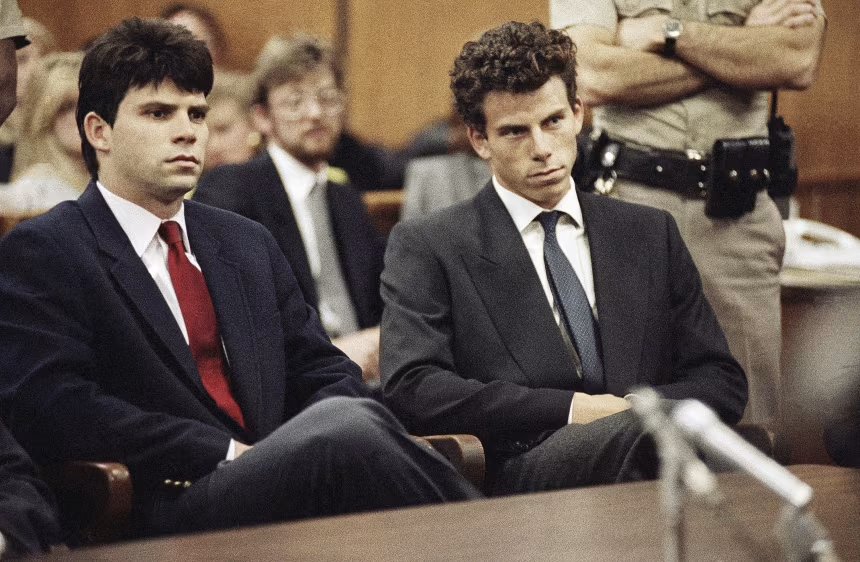After nearly 30 years in prison, Erik and Lyle Menendez are taking a step toward possible freedom. This week, each brother will attend a separate parole hearing—Erik on Thursday and Lyle on Friday—conducted via videoconference from San Diego.
Their eligibility stems from a resentencing in May that changed their punishment from life without parole to 50 years to life, based on their ages at the time of the crime. This adjustment under California law now allows them to request parole.
During the hearings, the parole board will evaluate factors like their behavior in prison, signs of remorse, rehabilitation efforts, and potential risk to society. Their families back their release, pointing to their educational achievements, volunteer work, and personal growth over the years. But prosecutors argue the brothers have not fully acknowledged their crimes and continue to pose a risk.
If the parole board recommends release, the decision undergoes a 120-day legal review and then lands on the desk of Governor Gavin Newsom, who has 30 days to approve or deny it. Adding complexity to the situation, Erik was recently hospitalized with kidney problems, a detail his attorneys have said could affect his readiness for the hearing.
The case remains a deeply polarizing one rooted in questions of accountability, trauma, and what true rehabilitation looks like. Whether these hearings will bring them closer to freedom—or keep them behind bars—could shape public debate on justice and mercy for years to come.


